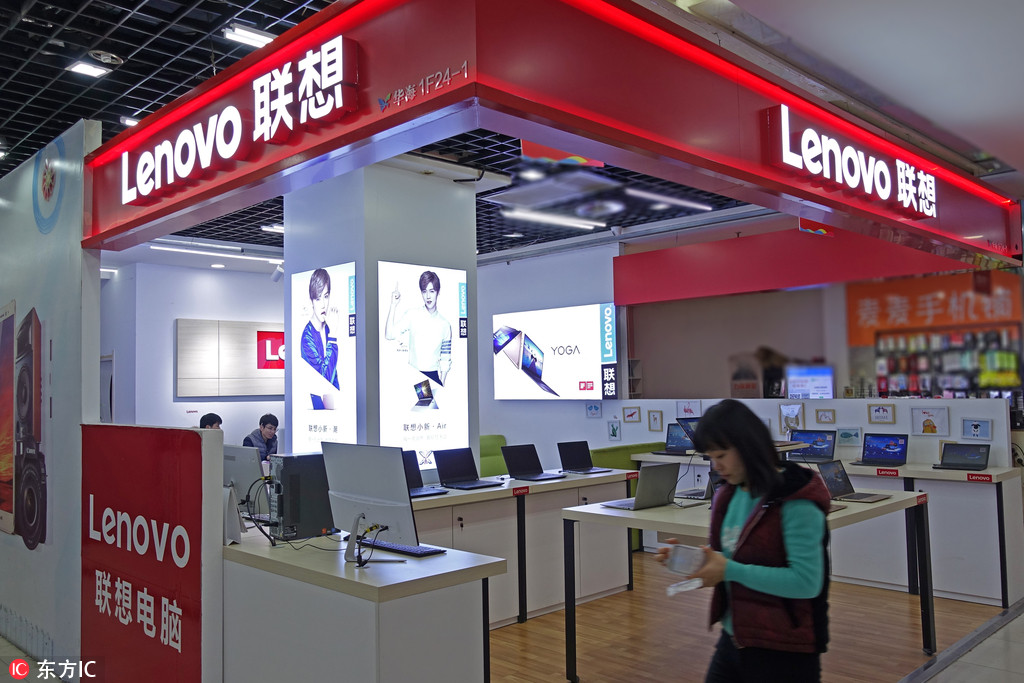Lenovo rebuts rumor it failed to back Huawei on 5G issues


Chinese computer maker Lenovo Group issued an internal letter on Wednesday rebutting the market rumor that it failed to back Chinese telecom company Huawei in setting global standards for the fifth generation mobile communications technology.
The move came amid intensified competition among countries for a bigger say in developing 5G service. The first version of standards is expected to come out next month, laying a foundation for global companies to begin building large-scale 5G networks.
Lenovo founder Liu Chuanzhi said in the letter the company backed tech giant Huawei's proposals for 5G standards in the final round of voting. "Chinese businesses should unite and brush aside attempts to sow discord," Liu added.
His comments came amid the market rumor that Lenovo voted in favor of the United States tech company Qualcomm against Huawei regarding a key technology standard for 5G. The new, superfast technology will allow consumers to download an 8-gigabit movie in seconds and have access to services like autonomous cars and remote surgery.
Industry analysts say the dispute highlights how important it is to gain greater say in finalizing 5G standards, as economies scramble for a beachhead.
On Thursday, the Ministry of Industry and Information Technology, China's top industry regulator, and the State-owned Assets Supervision and Administration Commission launched a guideline to accelerate steps to promote 5G and its application in industries.
"This year, China will promote key telecom programs, including finishing third-phase tests on 5G," the guideline said.
"The more technical proposals for 5G recognized by the global tech community, the faster a country can build a large-scale network for the superfast technology," said Xiang Ligang, a telecom expert and CEO of the telecom industry website Cctime.
The formulation of global 5G standards depends largely on competition among China, the US and Europe, he said. As domestic companies like Huawei and China Mobile evolve into pioneers in the telecom arena, China is likely to play a more significant role.
The Chinese government attaches high importance to 5G, which will also spark a faster rollout, Xiang added.
The country has already had a string of achievements in 5G. Last year, China Mobile outgunned foreign rivals to lead the global 5G System Architecture project, which will determine 5G networks' structure.
The nation also established the world's largest 5G test field in Beijing's Huairou district, where domestic firms and a string of foreign tech companies are participating in China's third phase of 5G tests.
China lagged behind other countries in building 4G and 3G networks. But with 5G, it is racing ahead in research and development, as well as trial applications, said Wang Zhiqin, vice-president of the China Academy of Information and Communications Technology.
The country is likely to issue 5G licenses to telecom carriers in the second half of next year at the earliest and will be among the first to issue 5G licenses in the world, she said.
The market size of China's 5G industry is expected to reach 1.15 trillion yuan ($180.6 billion) by 2026, 50 percent higher than its 4G market, according to CCID Consulting.




































